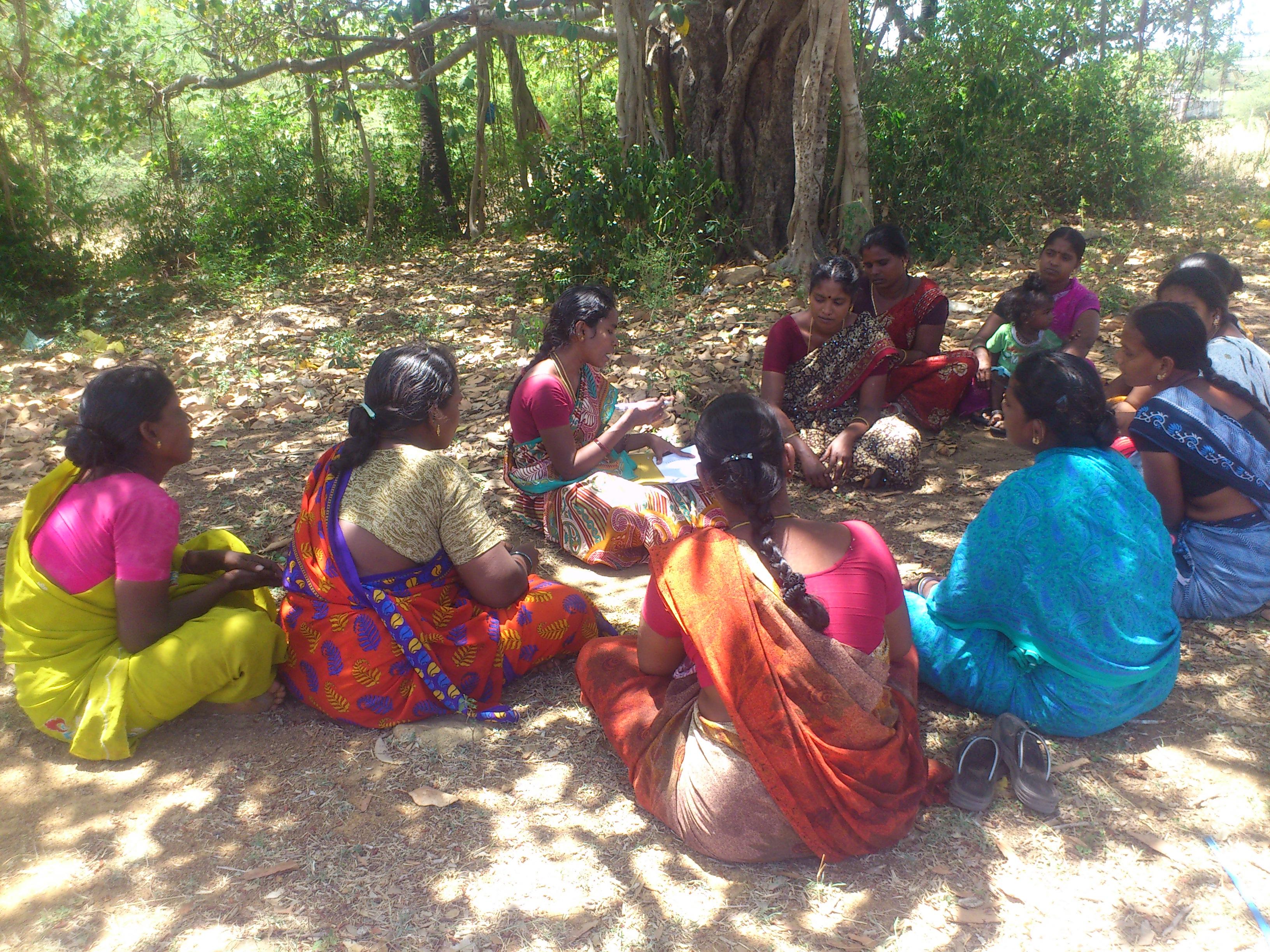In rural areas, women's mental health often faces unique challenges due to various socio-economic factors and cultural norms. Women in rural settings may experience higher levels of stress, anxiety, and depression stemming from poverty, limited access to healthcare services, lack of educational opportunities, and gender-based discrimination.
Many rural women juggle multiple responsibilities, including household chores, childcare, and agricultural work, which can lead to immense pressure and mental strain. The stigma surrounding mental health issues in rural communities may prevent women from seeking help or support, further exacerbating their conditions.
Despite these challenges, there are grassroots initiatives and community-based programs that aim to address women's mental health in rural areas. These programs often focus on raising awareness, providing counseling services, and promoting self-care practices.
Empowering women in rural areas with access to mental health resources, education, and support networks is essential for promoting their well-being and resilience. By breaking the silence surrounding mental health and fostering a supportive environment, rural communities can work towards ensuring that women receive the care and attention they deserve for their mental health needs.

